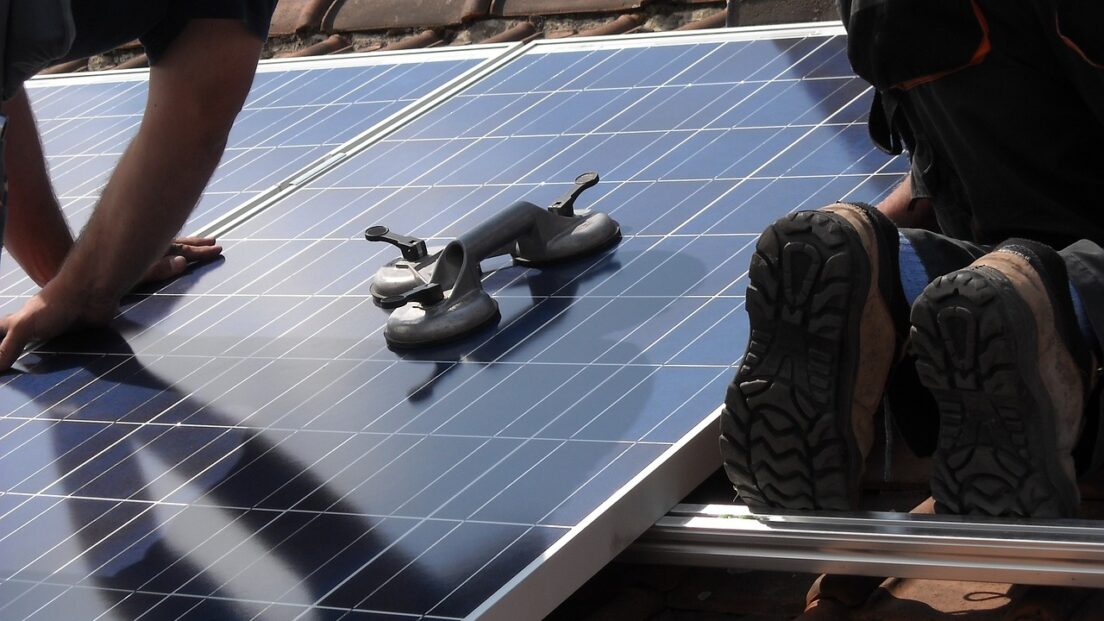Lucerne’s Wesemlin neighbourhood is leading the way, mastering the energy transition together!

The Wesemlin neighbourhood in Lucerne is setting an example for a collective energy transition: Instead of individual solutions, the neighbourhood is focusing on a collective energy strategy. With the support of Lucerne University of Applied Sciences and Arts (HSLU), residents are working together to shape their future energy supply in order to replace fossil-fuelled heating systems with sustainable alternatives.
Despite existing technologies and support measures, switching to climate-neutral forms of heating is still a challenge in Switzerland. In particular, high investment costs and uncertainty about the best technology are holding many owners back. This is where the Wesemlin neighbourhood in Lucerne comes in: In a collaborative project with the HSLU, the aim is to develop community-based, customised heating solutions that go beyond individual actions and involve the entire district in the energy transition.
The QUBE project – a model for change
The QUBE research project by HSLU and Innosuisse is based on the assumption that community heating solutions achieve more than isolated measures. The transdisciplinary team developed a method to accompany such change processes that takes equal account of technical and social factors. The pilot project found a perfect test environment in the Wesemlin neighbourhood: residents, authorities and teams of experts worked together to establish climate-neutral energy sources. “Only by involving all stakeholders can we find viable and customised solutions for the local energy transition,” emphasises Prof. Alexa Bodammer from HSLU.
Community expertise as a driving force
Initially unfamiliar, the open dialogue in the Wesemlin district brought decisive progress. Residents were able to contribute their own ideas, experiences and concerns, while the research team took on the role of technical moderator and incorporated technical analyses. Business partners and authorities supported the planning, offered data and helped to clarify funding opportunities. “Cooperative projects create possible solutions that would never be achieved through individual solutions,” explains Stefan Mennel from the Institute of Building Technology and Energy IGE.
Energy transition as a joint task
The QUBE project impressively demonstrates that technical innovations alone cannot bring about the energy transition. Sustainable change can only be achieved if local residents are involved in shaping it and the solutions are socially accepted. Through workshops, information events and network meetings, technical and social expertise was pooled in order to develop an implementable and accepted energy strategy for the Wesemlin neighbourhood. “This collaborative approach acts as a multiplier for change,” says Bodammer.
Knowledge building and networking as a lever for success
The collaboration with experts and authorities led to a great increase in knowledge at an individual level. Today, neighbourhood residents are well equipped for discussions with technical providers and energy suppliers. For Daniel Bolliger, resident and researcher at HSLU’s iHomeLab, the project demonstrates the value of collective engagement: “QUBE has opened up access to relevant stakeholders and energy providers – an opportunity that individuals would otherwise not have had.”
A model for the future
The concepts for the neighbourhood energy transition developed as part of QUBE can be used in a variety of ways. The methodology for supporting and moderating cooperative processes provides a blueprint for similar projects in other neighbourhoods and cities. According to Stefan Mennel, interdisciplinary collaboration is the key: “Only through cross-disciplinary, cooperative collaboration can we ensure that everyone involved is properly understood.” This applies both within the project team and in dialogue with the residents of the neighbourhood. The QUBE project has shown that a sustainable, community-led energy transition is possible – a model for the future.